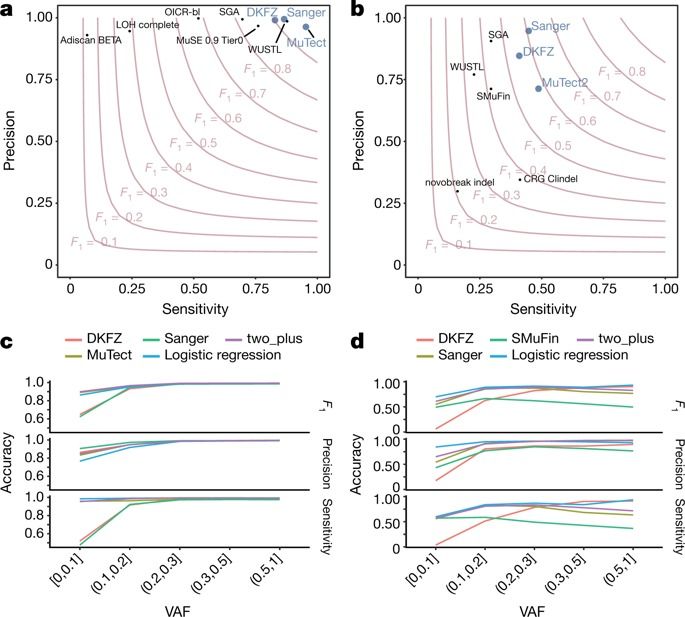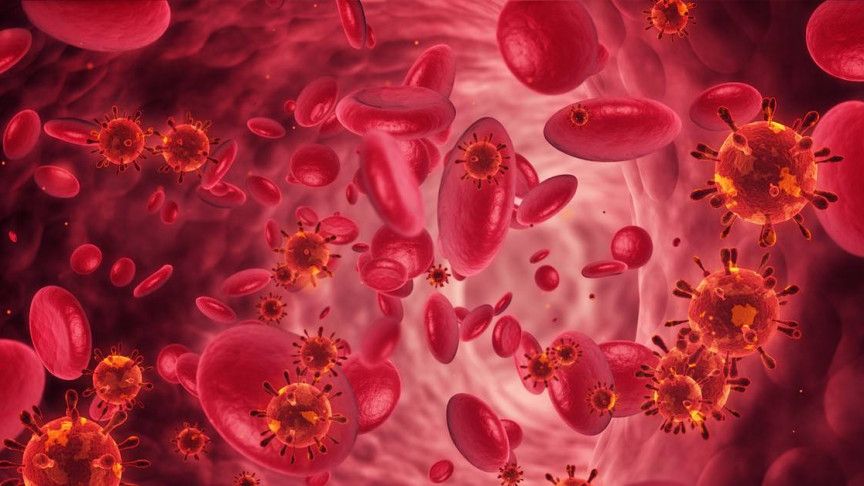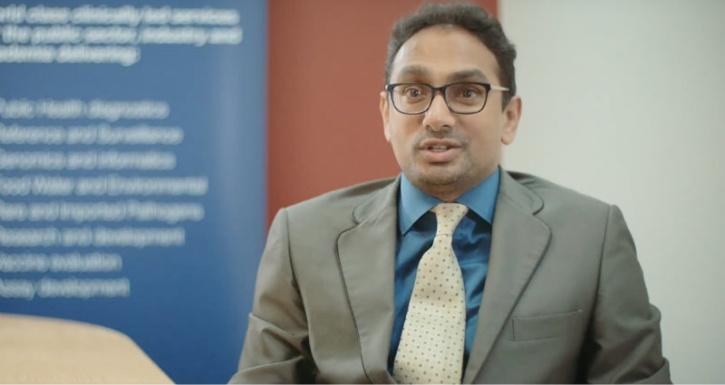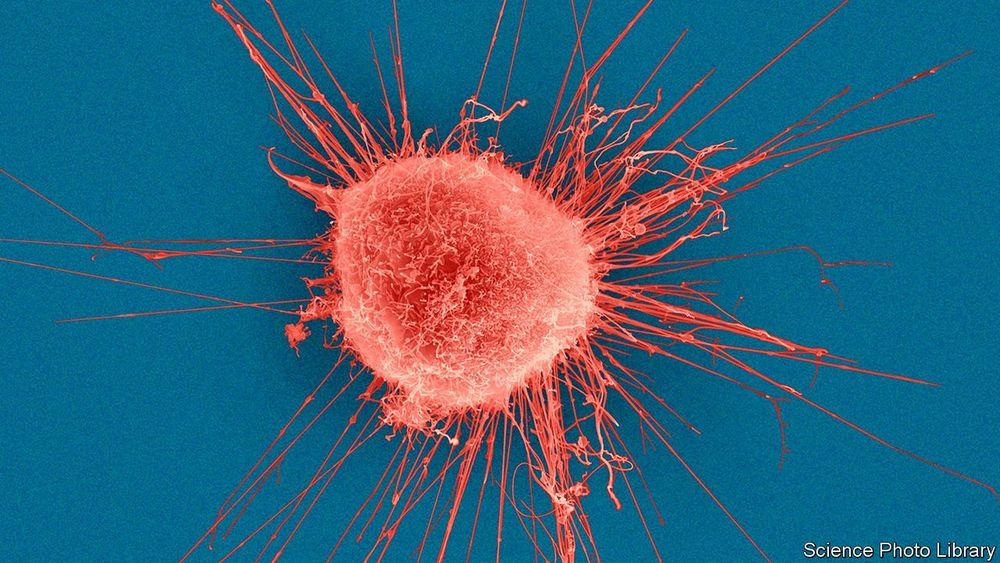Amongst all the different types of cancer treatment, photodynamic therapy — where light in is used to destroy malignant cells — might have one of the strangest side effects: patients are often better able to see in the dark.
Now researchers have figured out why this happens: rhodopsin, a light-sensitive protein in the retinas in our eyes, interacts with a photosensitive compound called chlorin e6, a crucial component of this type of cancer treatment.
The work builds on what scientists already know about the organic compound retinal, which is found in the eye and usually isn’t sensitive to infrared light.






